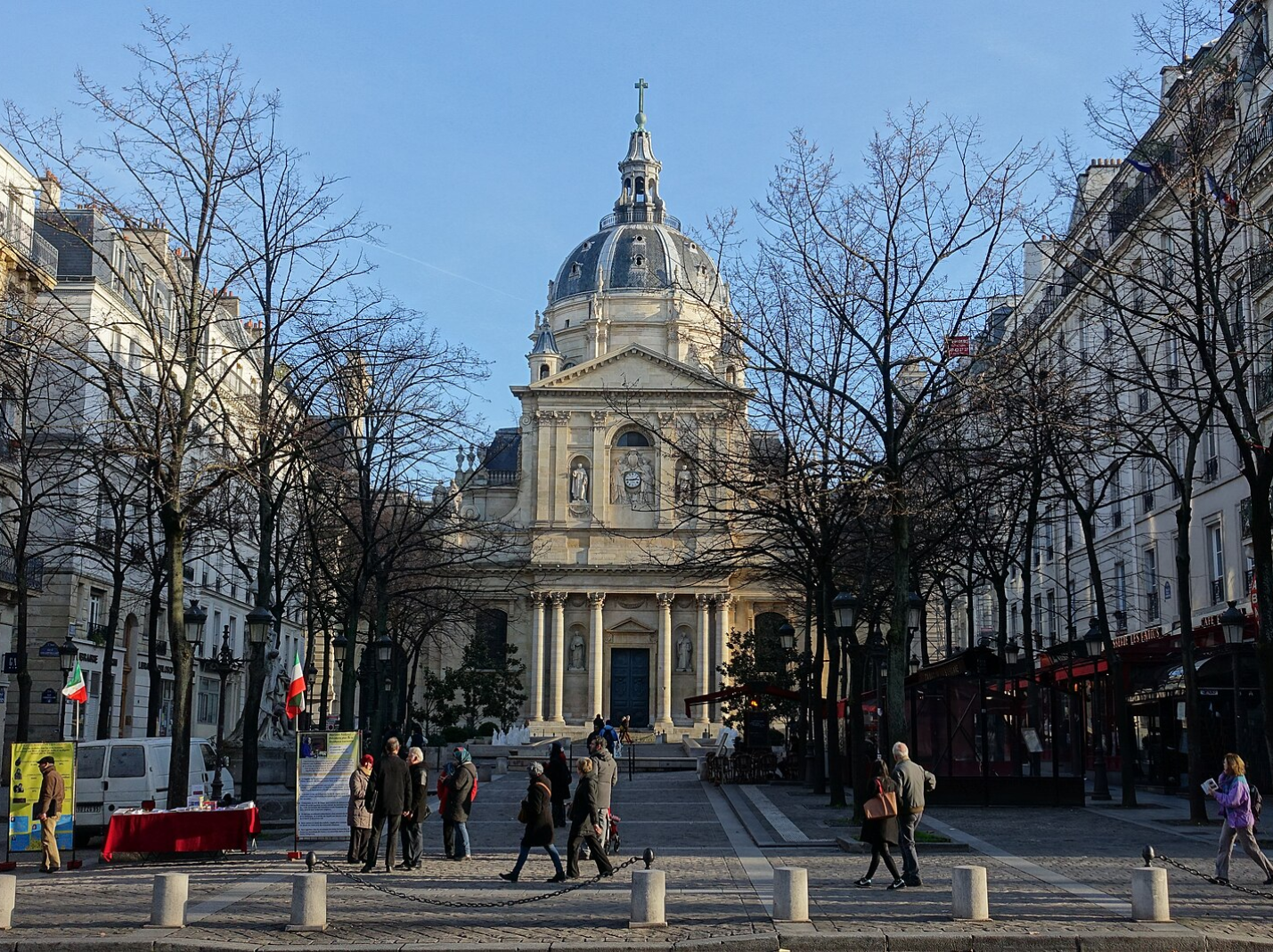
Editor’s Note: The following article was originally published by the Observatory of University Ethics on March 24, 2025. The Observatory translated it from French into English. I have edited it, to the best of my ability, to align with Minding the Campus’s style guidelines. It is crossposted here with permission.
We are not campaigning for anti-wokeism to become a university chair, nor for it to become a doctrine. What we are doing, from our respective disciplines—in my case, the French language and its history—is observing with concern the way in which certain recent ideological currents are parasitizing research, diverting historical social struggles, and reversing the very meaning of engagement. It is from our disciplinary vantage point, not from a crusade, that we wish to alert public opinion to a phenomenon that is harmful to intellectual rigor and the transmission of knowledge.
A strange scent hangs over our era, that of an endless funfair where landmarks are disguised, where words are masked, where morality is disguised. Welcome to the great carnival of identity, this papier-mâché theater where the fight against discrimination has swapped the seriousness of historical battles for the grimaces of a world turned upside down—inverted, perverted, turned inside out.
In the name of inclusion, we exclude; in the name of diversity, we categorize; in the name of tolerance, we censor. And all this is done with a great burst of forced laughter, like in the ancient Saturnalia where social roles were reversed, where the slave became king—except that here, the comedy seems to want to last forever.
Today, racism is sold to us as a militant act, provided it targets the “dominant.” Race, which the Republic tried to remove from the legal vocabulary, is coming back through the window in the form of “racialized statistics” or single-sex workshops. Segmentation is celebrated as a step forward, as if the fight for equality now involves documenting origins. Sciences Po, certain universities, and even cultural institutions endlessly reproduce this staging of fixed, codified, and sanctified identities.
[RELATED: Student Essay: Male Feminists Are Sus]
The same grotesque scene is playing out in the realm of gender. Women are no longer the ones oppressed, but the ones being redefined. They become a “feeling,” an inner experience that can be claimed by anyone, as long as they proclaim themselves to be women. This is how women’s sports competitions are seeing the arrival of biologically male competitors, traditional feminist associations are being called “transphobic,” and women are being stripped of the right to call themselves women, unless they are seen as oppressors. The story of this man, transferred to a women’s prison after a change of marital status, and there committing a new sexual assault, tragically illustrates the excesses of a system that confuses struggles with cross-dressing.
And what about International Women’s Day, which has itself become a masked ball? Instead of honoring committed female figures, it celebrates “questioning identities,” individuals who “feel like women” and enjoy putting on a costume. Rabelais would have laughed bitterly: this world where transvestites claim the Queen’s crown, without ever having known the pain of being a woman.
The reversal continues in the streets. “Anti-racism” protesters chant slogans that border on the most blatant anti-Semitism. On October 7, 2024, the massacres committed by Hamas were relativized, justified, and even applauded in some Parisian demonstrations. Those who yesterday denounced racial hatred today tolerate anti-Semitism in the name of a broader political cause. There would therefore not be one racism, but several racisms, some acceptable, others not. It is the reign of the “good racists” against the “bad” ones.
This theater of inversions spares no one, not even children’s stories. In the latest version of Snow White, Disney banned human dwarfs—deemed caricatures—and replaced them with computer-generated creatures. The result? Actors with dwarfism, who found rare visibility in these roles, were sent backstage in the name of a dignity they never claimed. Inclusion, here again, rhymes with erasure.
[RELATED: Is Woke Academia Cultish? A Graduate Student’s Case]
And while the carnival is in full swing, schools are getting into the swing of things. They’re learning about “gender perception” before they’ve mastered past participle agreements. They’re promoting inclusive language, even if it means sabotaging its clarity. They’re replacing rigor with emotion, grammar with intimacy, and reason with slogans. The 2023 PIRLS survey confirms the slide: France ranks at the bottom of the European rankings for reading comprehension among fourth-grade students.
This great reversal, which could be nothing more than a carnival episode, continues as language, schools, and the media succumb to the intoxication of masks. The festive effect degenerates into a new order. Those who denounce the masquerade are mocked or called “reactionaries.” Dissenting voices are relegated behind the curtain, and children, women, and working-class families pay the price.
Orwell warned that language would be the first victim of soft totalitarianism. But perhaps it was Rabelais, in his grotesque genius, who saw it most accurately: when the world turns upside down, it is the madmen who carry the crozier, the wise who are hanged, and the discriminated against who become invisible once again beneath the fat laughter of disguised power.
We don’t need a science of anti-wokeism, nor new, inverted dogmas. What we’re simply calling for is an awakening of critical perspective. Not from an ideological perch, but from our disciplines, our texts, our knowledge—where reality still resists farce.
For insights on higher education worldwide, explore our Minding the World column, offering news, op-eds, and analysis.
Image: “Sorbonne University @ Paris” by Guilhem Vellut on Wikimedia Commons